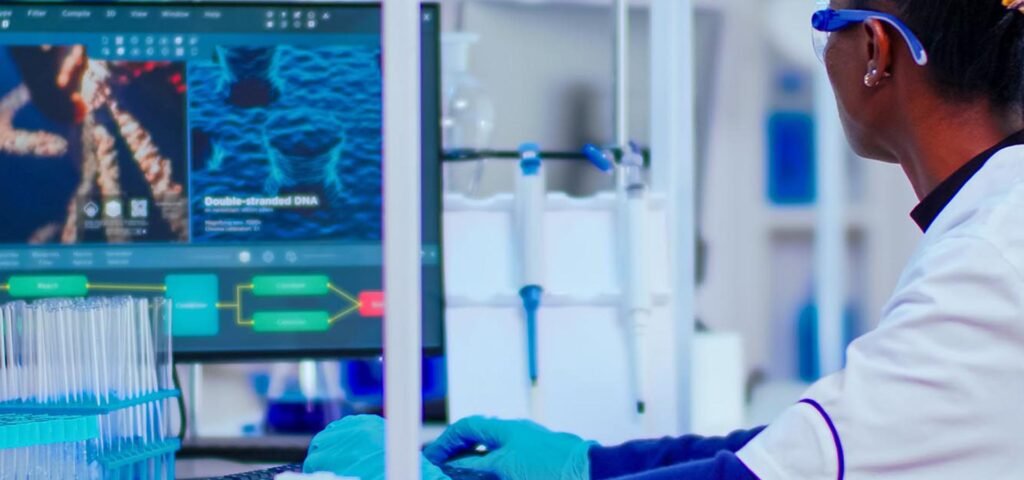Digitally Empowering Healthcare Workers in Laikipia County: The Maudhui Digiti Project’s Impact


In the rapidly evolving landscape of healthcare, digital skills are becoming as crucial as clinical expertise. In Laikipia County, Kenya, where access to technology has traditionally been limited, the Maudhui Digiti Project is making significant strides in bridging the digital divide among healthcare workers. This transformative initiative, supported by the African Centre for Women, Information and Communications Technology (ACWICT) and the Online Professional Workers Association …
The Maudhui Digiti Project began with a comprehensive user needs assessment to understand the digital skills gaps among healthcare workers in Laikipia County. The findings revealed that while the majority of healthcare workers have access to smartphones (74%), there is still a significant skills gap in utilizing other essential ICT tools like desktop computers and tablets, which are critical for effective healthcare delivery.
One of the key insights from the assessment was that a substantial portion of healthcare workers, particularly women and those aged 36-60, lacked the basic digital operational skills necessary for their roles. This deficiency is not just a barrier to effective service delivery but also a risk to patient confidentiality and data integrity, both of which are paramount in the healthcare sector.

To address these gaps, the Maudhui Digiti Project has implemented a series of targeted interventions aimed at building digital capacity among healthcare workers. These include:

The Maudhui Digiti Project is more than just a short-term intervention; it is a model for sustainable development in healthcare. By focusing on both skills development and infrastructure, the project is ensuring that healthcare workers in Laikipia County are well-equipped to meet the demands of a digital world. As the project continues, it aims to expand its reach, providing ongoing training and support to healthcare workers across Laikipia. The ultimate goal is to create a digitally empowered healthcare workforce capable of delivering high-quality, efficient services to all residents, especially during the ongoing COVID-19 pandemic and beyond.
This blog post is based on the findings from the “Digital Skills User Needs Assessment for Healthcare Workers in Laikipia County” report, prepared by the African Centre for Women, Information and Communications Technology (ACWICT) and the Online Professional Workers Association of Kenya (OPWAK) Consortium. The report was conducted under the UK Government’s Digital Access Program and submitted in October 2020.
Busia, Kenya – H.E. the Governor of Busia County today led the official launch of the Inclusive Digital Futures (IDF) Project at […]
The digital drums were beating, and the energy was electric as four visionary counties—Wajir, Garissa, Elgeyo-Marakwet, and Turkana—joined forces with ACWICT to […]
The African Centre for Women, Information and Communications Technology (ACWICT) has proudly announced its certification from NGOsource as equivalent to a Certified […]